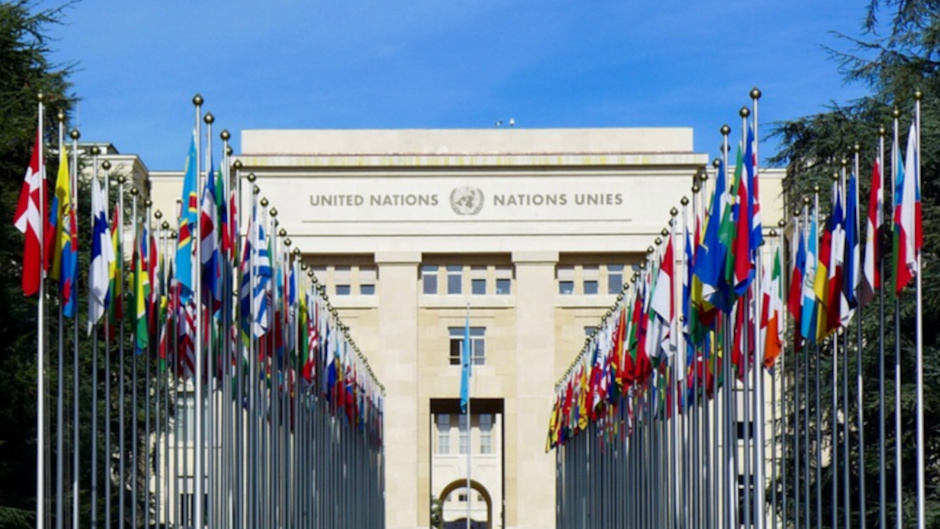With the close of 2021, the Human Rights Clinic at the University of Miami School of Law and partners successfully advocated with the United Nations Committee on the Elimination of Discrimination Against Women (CEDAW Committee) to address discrimination and violence against women who use drugs.
Globally, women who use drugs face a host of gender-specific human rights violations, as documented in the Clinic’s reports, Drug Policy and the Fundamental Human Rights of Women Who Use Drugs and Women Who Use Drugs: Key Issues, Violations, and Recommendations. As Clinic Acting Director, Tamar Ezer explained, “While all people who use drugs face stigma, women are particularly vilified as unfit mothers and ‘fallen’ members of society. In many countries, there is the perception that drug use is incompatible with the expected gender role of a woman as a wife and a mother and is thus deserving of violence and control.”
In a survey in Kyrgyzstan, 81% of women in harm reduction programs reported surviving sexual or physical violence at the hands of their partner, family, or the police. Moreover, integrated services that address both drug dependence and violence are scarce. In fact, many domestic violence shelters explicitly ban women who use drugs.
Additionally, women who use drugs face reproductive health violations. As former HRC student and fellow, Gita Howard stated, “They lack access to and information about contraception, are subject to coerced and forced abortion and sterilization, as well as criminalization of their pregnancies. They also must contend with barriers to treatment when they have children, and risk losing custody of their children.”
This past fall, the Human Rights Clinic, along with the HIV Legal Network, Eurasian Harm Reduction Association, and Russian network of women who use drugs, participated in a thematic briefing before the CEDAW Committee on violations experienced by women who use drugs.
This led to strong recommendations by the CEDAW Committee in its subsequent review of the women’s rights records of Russia and of Kyrgyzstan. In both sets of Concluding Observations, the Committee highlighted the need to address discrimination and gender-based violence against women who use drugs and women living with HIV. In its review of Kyrgyzstan, the Committee further recommended improved access to harm reduction, no automatic deprivation of parental rights based on drug dependence, and no criminalization of drug possession for personal use without intent to sell.
Howard had the opportunity to see this project through from initial research and interviews to developing a comprehensive report to UN advocacy. She contributed to this project as first an HRC student, then a fellow, and finally as an alumna and Miami Law Human Rights Program Fellow with Human Rights first. She said, “I am grateful for the opportunity to continue this important advocacy beyond my time as a Human Rights Clinic intern and fellow. I was honored to present to the CEDAW Committee alongside advocates and my mentor, Professor Tamar Ezer.”
Howard further shared her knowledge and experiences with the new group of Human Rights Clinic students focused on advancing health rights.
Current HRC students, Megan Norris and Iliriana Fteja, reflected that it has been enlightening to follow the Clinic’s work addressing violence and discrimination against women who use drugs.
“We are very proud to continue the Clinic’s efforts that have provided a voice for these women on such a large stage about an egregiously underreported issue in Russia and Kyrgyzstan. We look forward to seeing the impact of the CEDAW Committee’s reports in these countries.”
Read more about Miami Law's Human Rights Clinic

